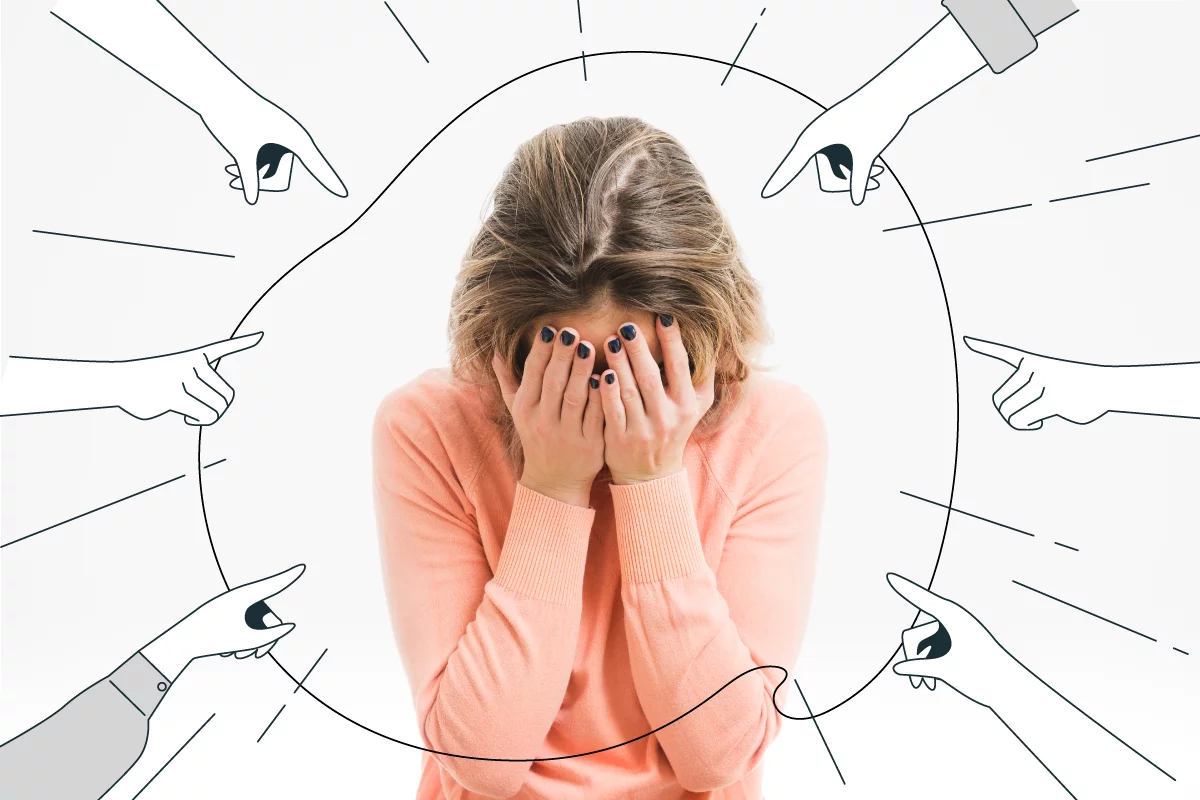Being in a relationship with someone who has an addiction is one of the toughest challenges you can face as a couple. If you have committed to staying with a spouse who has an addiction, being prepared and proactive is important in helping nudge them towards recovery.
Addiction is a tremendous obstacle to overcome in a relationship, and if you are the spouse of an addict, it’s likely you have spent considerable time trying to decide if you should stay or leave. At The Dawn, we previously addressed this marital dilemma and factors to consider when determining next steps in a relationship that’s become fraught with addiction.
If you have decided that you are going to stay in the relationship, it is time to shift focus on how to help get your partner into treatment. Not only is this critical for the physical and mental wellbeing of your partner (and yourself as well), but it is also necessary for the sustainability and health of the relationship. Studies about the impacts of addiction on a relationship reveals acute levels of strain caused by dependency. Abuse of alcohol or drugs is the third most common reason for divorce among women, and the eighth most common among men. Heavy drinking and drug use are both linked to low levels of happiness in a marriage.
The work of convincing someone to seek treatment is not an easy task, nor is it always a linear process. Getting a sense of what to focus on when talking to someone about treatment, and about what tactics should be avoided, can help make progress.
The ‘Dos’ of Talking to a Spouse About Treatment
DO ask for help
This is not a journey you can embark on alone. In fact, trying to do so will likely further jeopardise your own health, which will make it even harder to support your partner. Addiction thrives in isolation, so it’s important to identify a close team of people who can help provide resources and moral support. People who you trust, are discrete, and compassionate are a must, whether it be friends or family.
Talking to a professional addiction specialist or therapist can also be effective in getting the targeted support you need, as well as experienced advice on how to move forward. You may consider staging an intervention for your partner, in which case you might bring in a few trusted confidantes as well as a therapist to help your partner seek treatment.
DO get a professional medical opinion
Reaching out to a family doctor can also be useful in beginning to move towards treatment. Consider setting up an appointment for a routine checkup for your spouse, and then privately talk to the doctor about their addiction. This will help the doctor be better able to identify health issues and take any excuses or explanations from your partner into a larger context. Their professional opinion, along with observation of any medical issues as a result of the addiction, can be a helpful reality check for someone struggling with addiction.
DO educate yourself
Addiction is an incredibly complex disease, with biological, environmental, and genetic factors all at play. Understanding the way in which addiction changes the brain helps provide a better sense of why someone with a dependency continues to use, even at the peril of themselves and those they love.
It is also important to remember that addiction is a type of chronic disease, similar to diabetes or asthma, and requires lifestyle changes and professional care to manage it. If you are aware of what your partner needs to manage their dependency, you can better assist them as they move into recovery.
DO show support
It can be challenging to be patient and supportive as your partner goes through the ups and downs of confronting and treating an addiction. However, encouraging your partner’s healthy choices and revelations regarding their addiction is undeniably important. If they are considering going to a support group, but are feeling nervous, offer to go along. Encourage them to learn more about their addiction by reading books or listening to podcasts. Help introduce healthier ways of relieving stress, including eating well, exercising, and getting more sleep. When they make healthier choices, notice them.
When you are feeling frustrated or exhausted (and you will at points), lean on the support team you have identified to get your energy back and start afresh. It’s a difficult process to go through, but the outcomes can be deeply rewarding – and truly life-saving for a spouse with addiction.
What Not to Do When Trying to Move a Partner Towards Treatment
DON’T use guilt or shame
We all know that guilt and shame are destructive emotions, but it is understandable that in desperation to help your partner and frustration with the situation you might say something like “How could you do this to me?” or “Aren’t you ashamed of your behaviour?” Because guilt and shame are often factors in driving the addiction, adding on to these will likely further entrench the dependency rather than spur your partner to seek treatment.
DON’T try to cover up the addiction
Though it is important not to shame your partner about their addiction, it is just as important not to try and hide the reality of it. If they are too hungover to go to a family function, or acting out at a work event, don’t lie or make excuses for them. Let your spouse be responsible for explaining themself. Hiding pill or liquor bottles is also not your job, nor is it useful in helping someone towards recovery. While it might feel like you are trying to preserve their privacy or dignity, this can actually enable and unintentionally prolong a dependency. You can be supportive without being an accidental accomplice to their addiction.
DON’T expect that things will go back to the way they were
The path that you are on with your partner won’t lead back to where you began. This might be tough to accept, but it is actually a good thing. The healing process of recovery will help your partner unearth the root causes of their addiction — which may have been unknown or unacknowledged prior to the dependency — and focus on addressing these and rebuilding healthy responses to stress and triggers. Ultimately, they will come out with a deeper understanding of themselves and will be better able to handle the pressures of daily life, both of which can help contribute to the strength and renewal of your relationship.
Overcoming Addiction at The Dawn

At The Dawn Wellness Centre and Rehab in Thailand, our compassionate team of specialists have spent years guiding people through successful, lasting recoveries. We understand that addiction affects a person in many different ways, and so our holistic, residential treatment approach combines the most effective psychotherapeutic techniques with a variety of proven wellness practices to heal the mind and the body.
We also recognise the importance of educating and counseling families on addiction while a loved one is in treatment. Our specialists will work with you to address impacts of the addiction on the family, and cultivate ways to support and sustain a member’s healthy recovery.
Reach out and give us a call today to learn more about how we can support you and your spouse in getting on the road to recovery.
Related Posts
 A Powerful Poison: The Terrible Impacts of Toxic Shame
Toxic shame is a serious threat to personal wellbeing, but professional support and treatment can help you understand, manage and eventually overcome its effects. Shame is one of those feelings...
A Powerful Poison: The Terrible Impacts of Toxic Shame
Toxic shame is a serious threat to personal wellbeing, but professional support and treatment can help you understand, manage and eventually overcome its effects. Shame is one of those feelings...
 It Takes Two: Connecting with Your Spouse to Move Past Your Sex Addiction
Are you steadily gaining confidence in your recovery from sex addiction, but still struggling in your relationship? Here’s what you might not know about reaching out and reconnecting with your...
It Takes Two: Connecting with Your Spouse to Move Past Your Sex Addiction
Are you steadily gaining confidence in your recovery from sex addiction, but still struggling in your relationship? Here’s what you might not know about reaching out and reconnecting with your...
 How Do I Tell My Spouse about My Drug Addiction: 9 Tips
Talking to your spouse about your drug addiction for the first time may not be easy, but it is essential. Thoughtfully preparing for this discussion can help as you take...
How Do I Tell My Spouse about My Drug Addiction: 9 Tips
Talking to your spouse about your drug addiction for the first time may not be easy, but it is essential. Thoughtfully preparing for this discussion can help as you take...
 For Better or for Worse: Addiction in a Marriage – Do You Stay or Go?
When the one you love is disappearing in a storm of addiction, it is incredibly difficult to know how to help them – and protect yourself. Considering your own feelings...
For Better or for Worse: Addiction in a Marriage – Do You Stay or Go?
When the one you love is disappearing in a storm of addiction, it is incredibly difficult to know how to help them – and protect yourself. Considering your own feelings...





